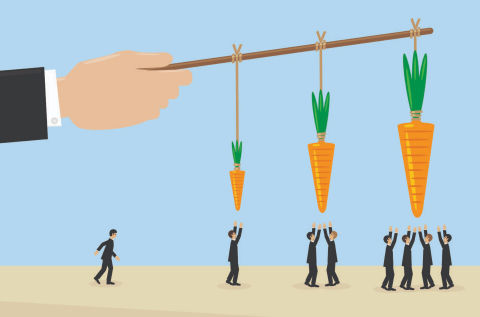What’s the difference between focused and diffuse thinking? How can you leverage these two modes to maximize learning? Authors Barbara Oakley and Terrence Sejnowski offer a number of tips for enhancing your learning that are based on your brain’s ability to alternate between different modes of thinking. They assert that your brain operates in two separate modes, each of which contributes to learning and problem solving in different ways. They call these two modes “focused thinking” and “diffuse thinking.” Read on to learn these ways of improving your learning ability.
How to Use Focused & Diffuse Thinking to Learn










